China's National Development and Reform Commission (NDRC) has announced its support for extending Harbin in Northeast China's Heilongjiang Province's visa-free transit policy from 72 hours to 144 hours, according to a statement released by NDRC on Thursday. The initiative aims to boost foreign tourist arrivals and further develop the local tourism market.
The Harbin Taiping International Airport introduced a 72-hour visa-free transit policy in 2015, which is now available to citizens of 54 countries, according to China's National Immigration Administration.
The policy allows citizens of these countries to transit through the city to a third country or region without a visa, provided they hold valid international travel documents, a confirmed connecting flight ticket with a specified date and seat, and stay within the designated area in Harbin for no more than 72 hours.
The NDRC, which is China's top economic planner, has unveiled plans to advance the high-quality development of Northeast China's winter economy, focusing on transforming the region's rich ice and snow resources into concrete economic achievements.
The plan aims to attract tourists from key areas such as the Beijing-Tianjin-Hebei region, the Yangtze River Delta in East China, and the Guangdong-Hong Kong-Macao Greater Bay Area to enjoy ice and snow activities in Northeast China.
The NDRC will also assist local governments in prioritizing land use quotas for ice and snow projects, ensuring reasonable access to forest land and other resources essential for developing the ice and snow economy.
In recent years, China's ice and snow tourism has seen remarkable growth, serving as a key driver for winter consumption and economic expansion.
By 2030, Heilongjiang Province, one of the leading regions in Northeast China's ice and snow economy, is projected to achieve a total ice and snow industry output exceeding 450 billion ($61.64 billion), according to an action plan released by the government on Wednesday.
China aims to promote the total scale of its ice and snow economy to 1.5 trillion yuan by 2030, according to guidelines released by the General Office of the State Council.








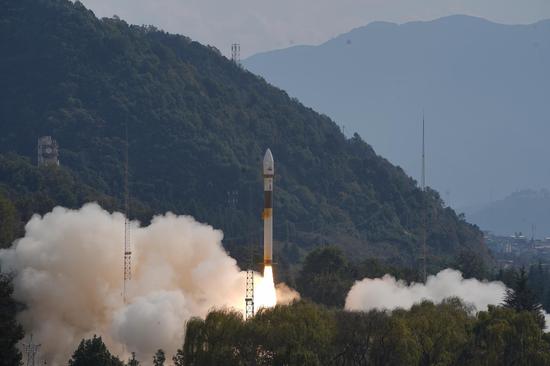
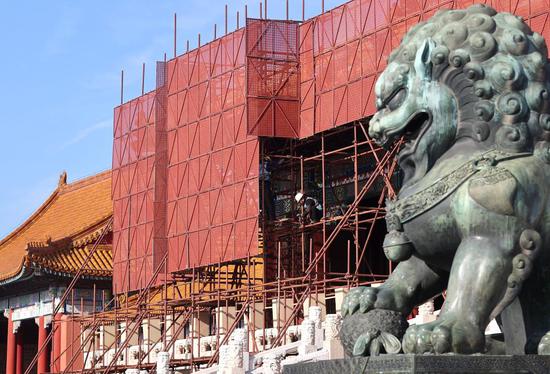

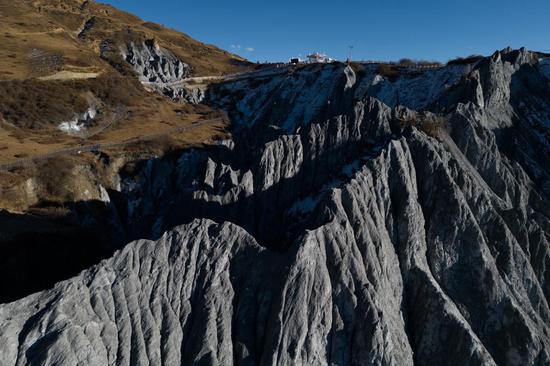
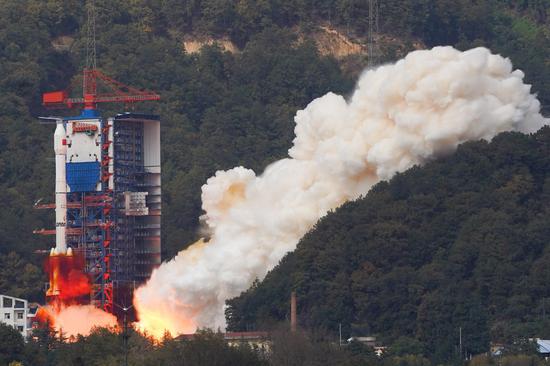
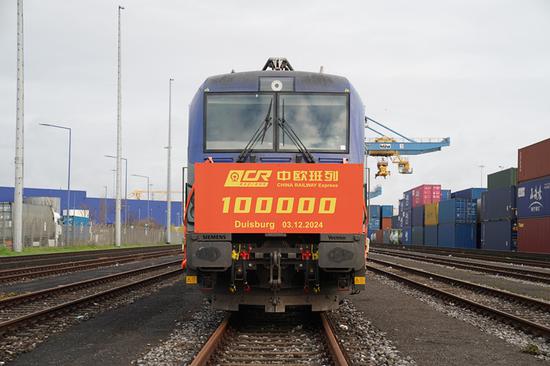
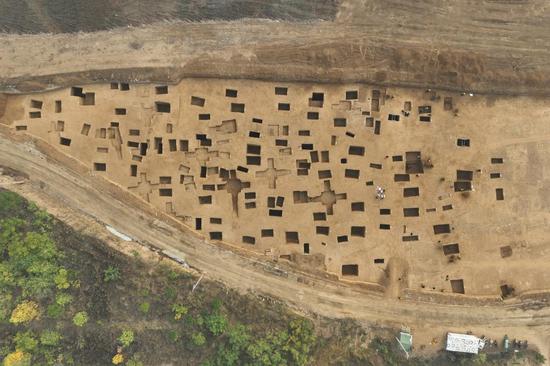
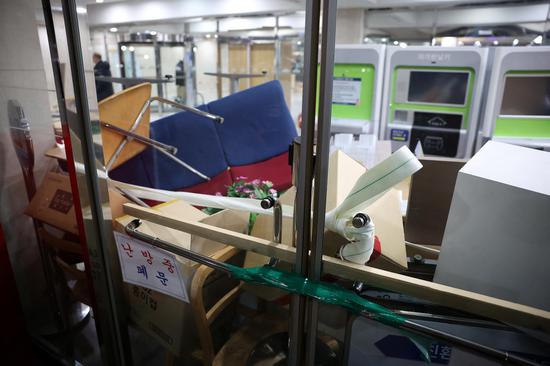





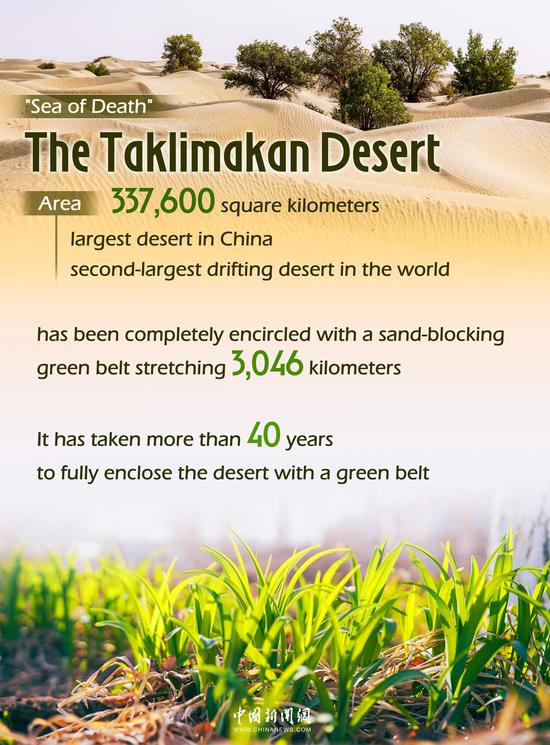



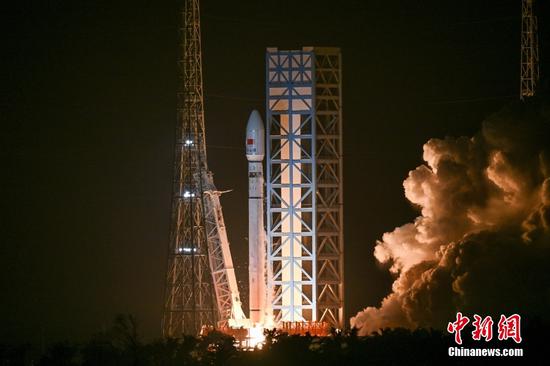


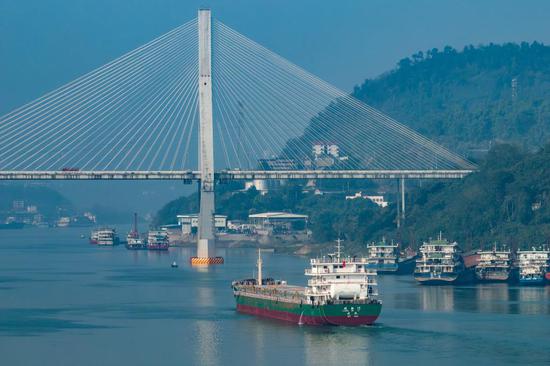
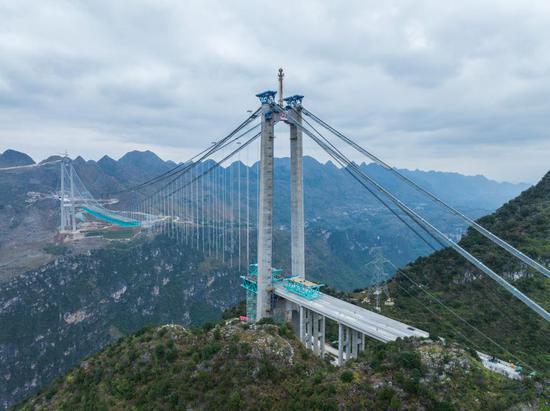


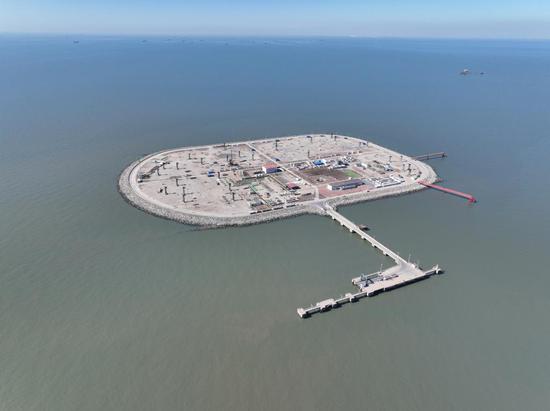

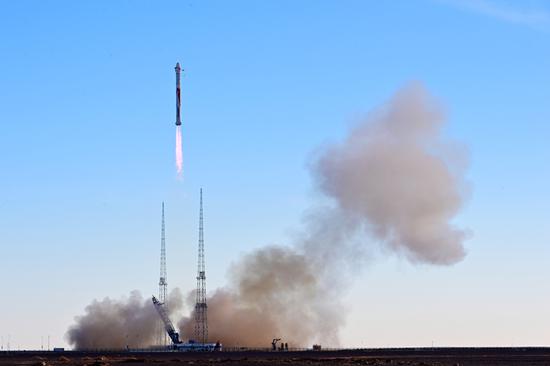
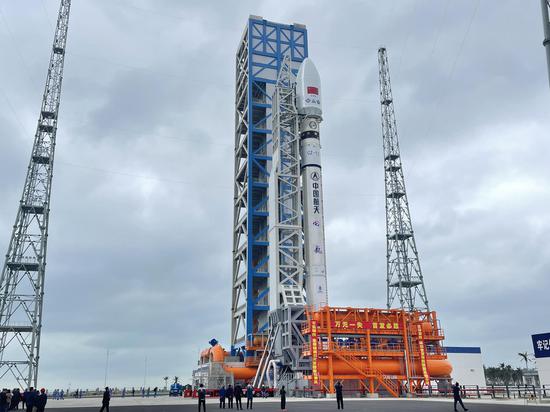

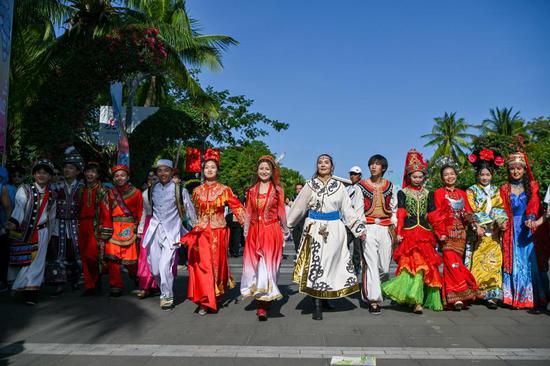
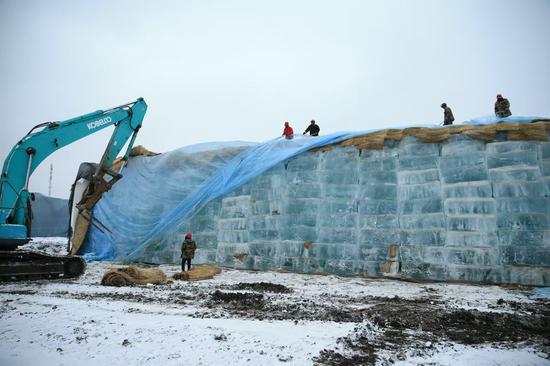
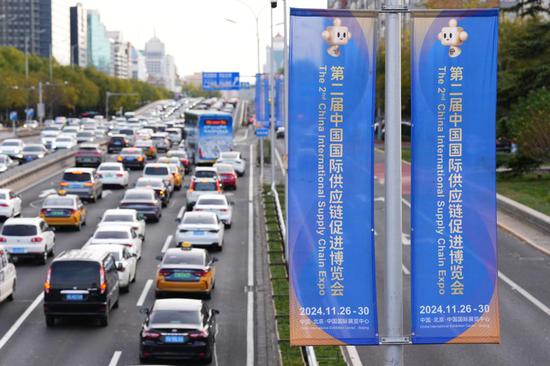

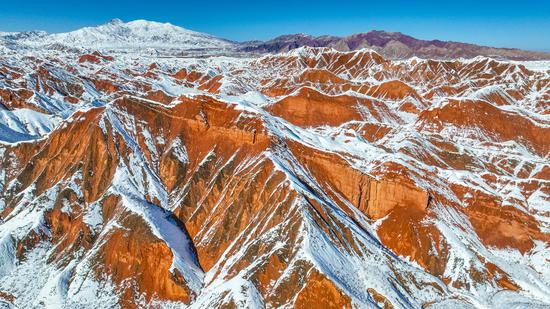

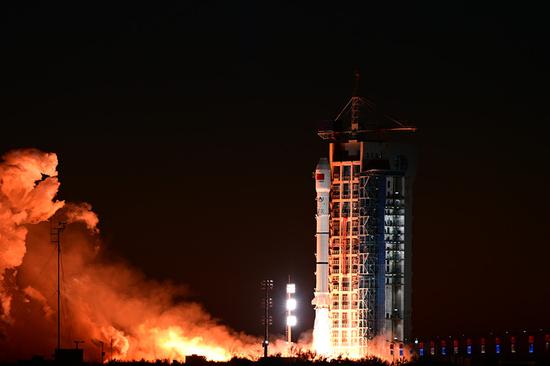
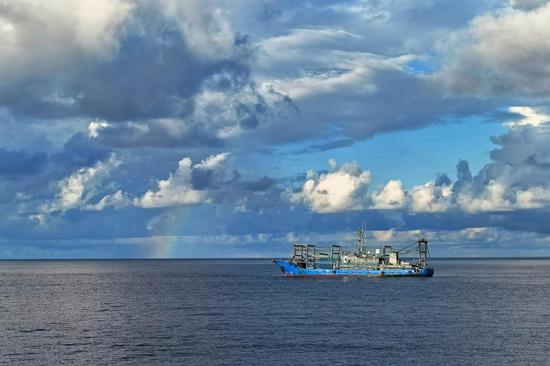



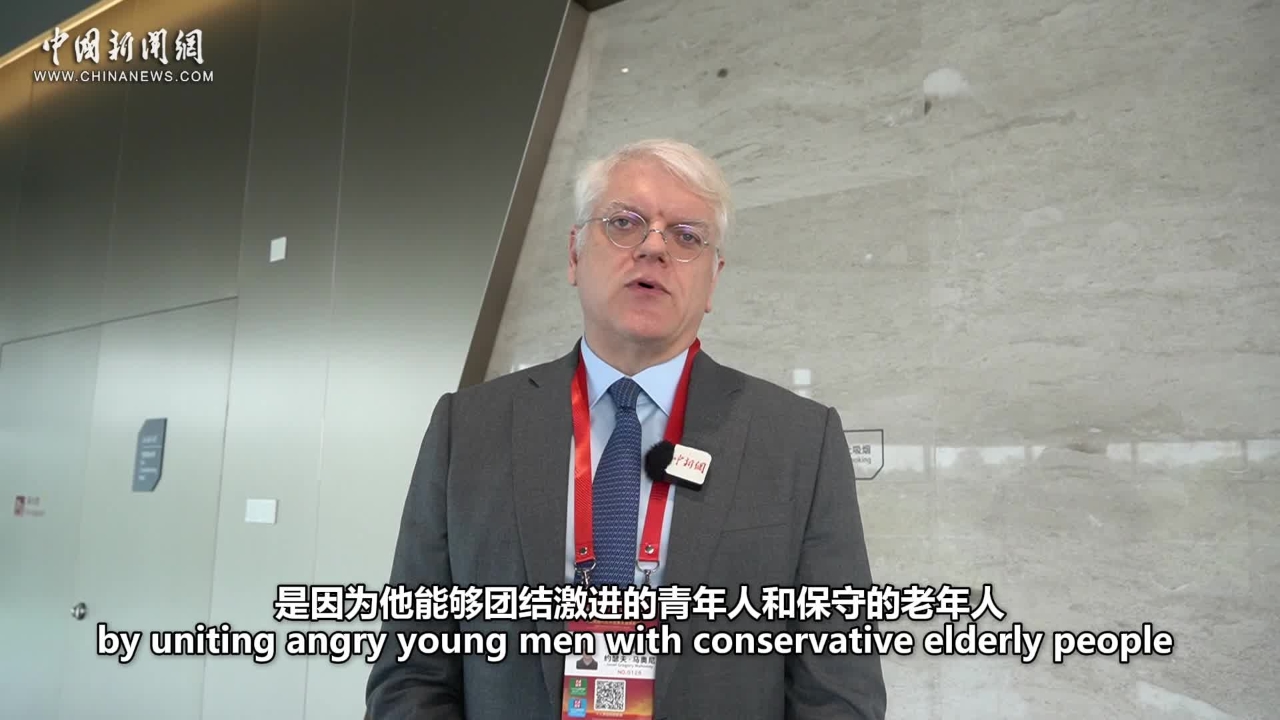

 京公网安备 11010202009201号
京公网安备 11010202009201号